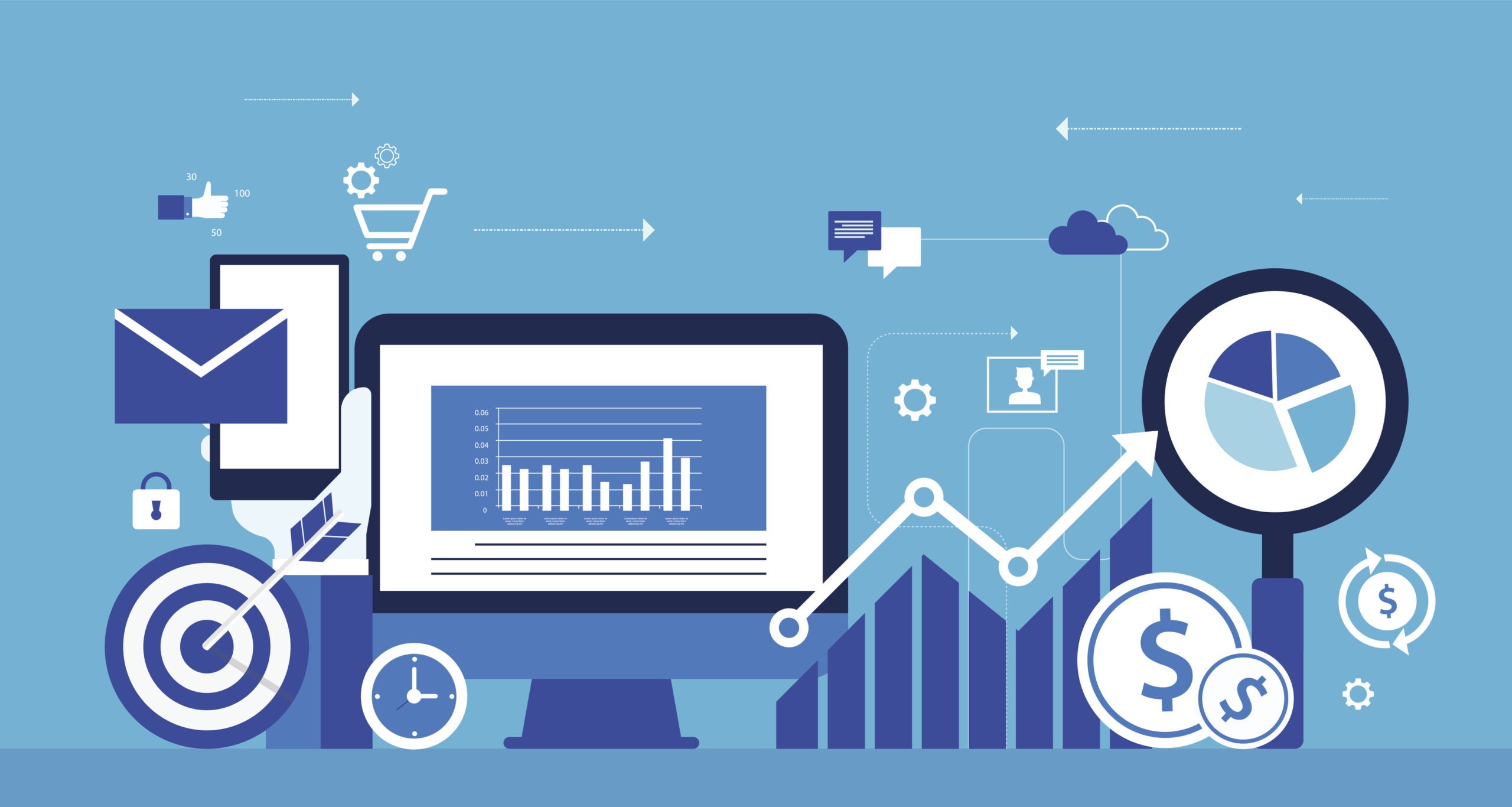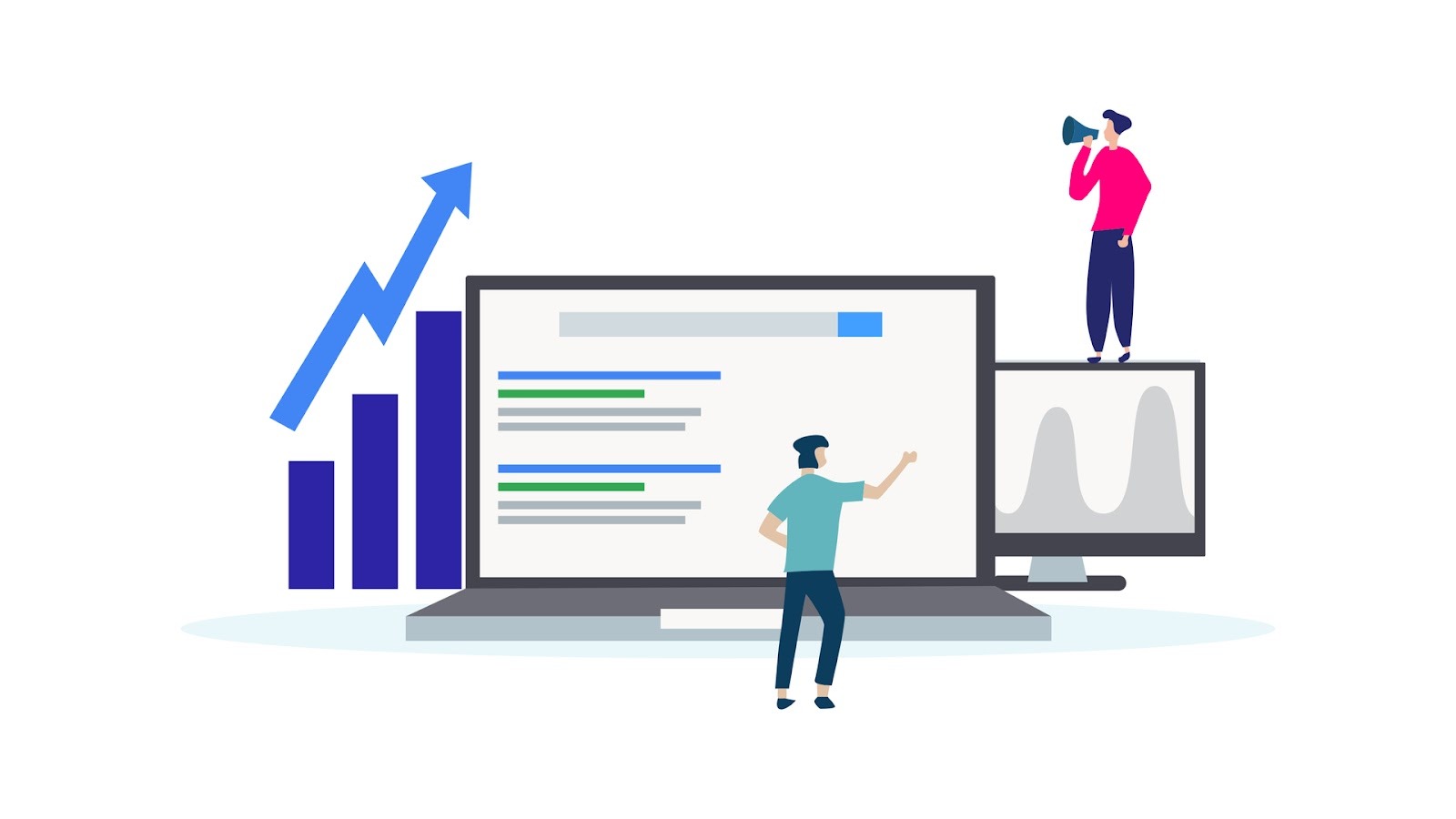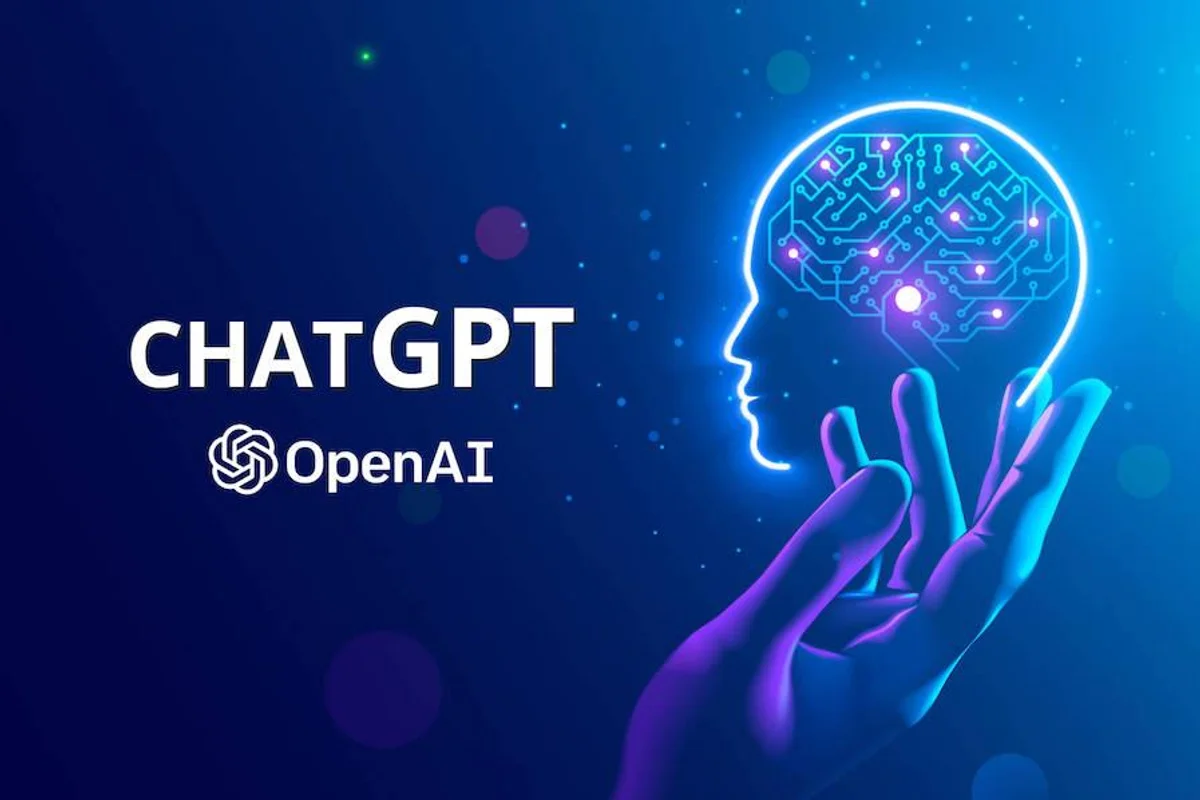Artificial Intelligence (AI) is catapulting the domain of sales forecasting into unprecedented territories. A staggering 83% of businesses reported that AI is a strategic priority for their sales teams. This digital transformation is empowering businesses to predict trends, understand customer behavior, and make informed decisions with an accuracy that was unthinkable just a few years ago.
Harnessing the power of AI for sales forecasting is not merely a trend; it’s a game-changer. AI-powered sales forecasting tools use machine learning algorithms to analyze historical data and current trends, enabling businesses to envisage future outcomes accurately.
This reduces the risk of human error and allows sales teams to take proactive measures, making them more efficient and effective. By embracing AI, your business can stay ahead in the competitive market and make more informed, strategic decisions.

Understanding The Power Of AI In Sales And Trend Analysis
AI’s real-time ability to analyze vast quantities of data makes it a potent weapon in sales and trend analysis. This technology can evaluate past sales patterns, assess current market conditions, and forecast future sales trends with precision that surpasses conventional methods.
Let’s delve deeper into how AI can supercharge your sales and trend analysis, giving your business a competitive edge.
Harnessing AI For Predictive Analysis In Sales
Predictive analysis powered by AI brings a paradigm shift in sales operations. It analyzes past data, identifies patterns, and predicts future sales trends. The precision of these predictions helps sales teams align their strategies proactively, ensuring optimal resource allocation and maximizing profit margins.
AI’s adaptability also allows for continuous learning and improvement, making it invaluable in modern sales operations.
The Role Of AI In Identifying Emerging Market Trends
AI is pivotal in identifying emerging market trends, traditionally reliant on human intuition and interpretation. By leveraging vast amounts of data and powerful algorithms, AI tools can discern patterns and trends much earlier and more accurately than human analysts.
These tools can analyze customer behavior, market conditions, and industry developments, using this information to predict future trends. This predictive ability is invaluable in today’s fast-paced market, allowing businesses to stay ahead of the curve and adapt their strategies in line with evolving market dynamics.
Creating A Competitive Edge With AI-Driven Sales Forecasting
AI-driven sales forecasting affords businesses a significant competitive advantage in today’s data-driven market. Accurately predicting future sales trends empowers organizations to strategically manage their resources, optimize their sales efforts, and respond proactively to changing market dynamics.
This level of foresight ensures businesses can stay agile and adaptable, driving growth and outperforming competitors. With AI, companies are not just playing the game; they are changing it, revolutionizing their strategies, and setting new industry standards.
Key Applications Of AI In Sales Forecasting
Artificial Intelligence (AI) use in sales forecasting is extensive, revolutionizing numerous aspects of business operations. These applications range from identifying potential leads and managing customer relations to enabling real-time decision-making.
Let’s explore some of the key applications of AI in sales forecasting and understand how they are transforming the landscape of business strategy.
Lead Scoring And Pipeline Management
AI significantly optimizes lead scoring and pipeline management, two critical aspects of sales forecasting. It uses algorithms to analyze potential leads based on numerous variables such as past interactions, browsing behavior, and demographic information.
This enables sales teams to prioritize leads most likely to convert, saving time and resources.
Furthermore, AI enhances pipeline management by predicting the likelihood of deals closing based on historical deal data. This allows sales teams to focus on deals with a higher probability of success, thus maximizing efficiency and boosting revenue.
Real-Time Insights For Decision Making
AI’s ability to provide real-time insights fundamentally alters the decision-making process in sales forecasting. It allows businesses to track and analyze data as it unfolds, offering immediate insights into sales trends, customer behavior, and market dynamics. This immediate access to information equips businesses with the ability to make informed, timely decisions. It enables quick adaptability to changing market conditions, allows for the immediate rectification of any issues, and presents fresh opportunities for growth and improvement.
This real-time, data-driven decision-making is a powerful tool for enhancing efficiency, agility, and overall business performance.
Advanced Predictive Analysis In Sales
Advanced predictive analysis in sales, enabled by AI, is taking forecasting accuracy to new heights. This technology sifts through large volumes of data, learning from sales histories and other relevant factors to predict future trends with remarkable precision.
This leads to better forecasting, allowing businesses to anticipate market fluctuations, adjust their strategies accordingly, and maintain a competitive edge. AI’s advanced predictive abilities also promote efficient resource utilization, as companies can concentrate on areas projected to yield the highest returns.
The Role Of AI In Managing Customer Relationships
AI has revolutionized customer relationship management (CRM) by delivering personalized customer experiences and streamlining communications. It uses data analysis to gain insights into customer behaviors, preferences, and needs. These insights enable businesses to tailor their marketing efforts, improving customer engagement and loyalty.
Furthermore, AI-powered CRM systems can automate routine tasks, freeing time for personnel to focus on more strategic activities. This enhances productivity and improves customer service by providing quick and efficient responses to customer inquiries.
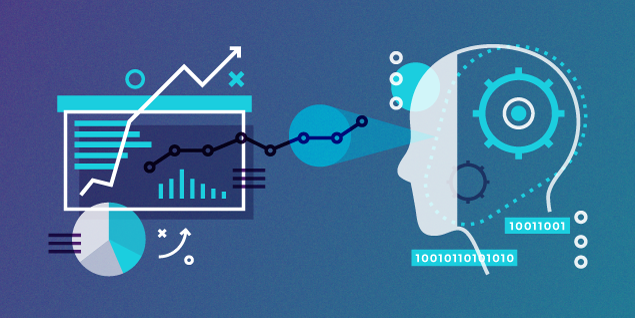
Challenges And Limitations Of AI In Forecasting
Despite its numerous benefits, implementing AI in forecasting is not without its challenges and limitations. From data quality and privacy concerns to the need for technical expertise, various hurdles need to be overcome to fully harness AI’s potential in sales forecasting.
This section will delve into some of these challenges and explore possible solutions.
Navigating Data Quality Issues
AI’s predictive capabilities are only as good as the data it accesses. Low-quality data, characterized by inaccuracies, inconsistencies, or missing elements, can significantly hamper the effectiveness of AI algorithms in sales forecasting.
Companies must, therefore, employ robust data management practices to ensure that the data fed into AI systems is accurate, relevant, and up-to-date. Regular data audits, data cleaning techniques, and reputable data sources can significantly enhance data quality and, thus, the reliability of AI-driven forecasts.
Addressing AI Model Overfitting
Model overfitting is another significant challenge in AI implementation for sales forecasting. Overfitting occurs when an AI model is excessively complex, causing it to be excessively sensitive to the training data’s specificities and perform poorly on new, unseen data.
The model may “memorize” the training data rather than “learn” from it, leading to inaccurate forecasts. To mitigate this, companies should adopt a balanced approach by using simpler models or implementing regularization techniques, discouraging overfitting by adding a penalty on complexity.
Regular cross-validation can also help identify and rectify overfitting at an early stage.
Handling Market Volatility With AI
Sales forecasting with AI can be particularly challenging in volatile markets where sudden changes are the norm. While AI’s predictive capabilities are powerful, they are based on historical patterns and behaviors. Unpredictable market conditions, abrupt shifts in consumer behavior, or unexpected industry disruptions can all cause fluctuations that AI models may struggle to forecast accurately.
Therefore, while AI can optimize sales forecasting, businesses must complement these insights with human expertise and intuition, particularly in unstable market conditions. This balanced approach can help businesses navigate market volatility while leveraging the benefits of AI-based forecasting.
Regulatory Compliance In AI Implementation
Compliance with data protection regulations is critical when implementing AI in sales forecasting, especially given the significant amounts of personal and sensitive data. Regulations such as the General Data Protection Regulation (GDPR) in the European Union and the California Consumer Privacy Act (CCPA) in the United States mandate stringent data privacy standards.
These laws require companies to obtain explicit consent for data collection and use, provide transparency about data use, and ensure data security. Non-compliance can result in substantial fines and reputational damage.
Therefore, businesses must take proactive steps to ensure their AI systems comply with all relevant data protection and privacy regulations.

Integrating AI Into Sales Strategy
In this section, we will provide a practical guide on integrating AI into your sales strategy. This guide will offer actionable insights and steps on the effective use of AI tools in sales processes. The aim is to help businesses leverage AI’s predictive capabilities to boost sales performance, improve customer relationships, and navigate the challenges associated with AI implementation.
Defining Goals For AI-Enhanced Sales Forecasting
The first step to successfully integrating AI into your sales strategy is clearly defining your goals. Whether you aim to increase sales, improve customer retention, or streamline your sales process, having well-defined objectives will guide your AI adoption process. It’s crucial to articulate specific, measurable, achievable, relevant, and time-bound (SMART) goals.
This clarity will help you choose the right AI tools to meet your unique needs and establish key performance indicators (KPIs) to monitor and measure the effectiveness of your AI-enabled sales forecasting.
Training AI Models With Clean And Relevant Data
The success of AI models in sales forecasting largely hinges on the quality and relevancy of the data used for training purposes. Curating a comprehensive dataset that encapsulates various sales scenarios, customer behaviors, and market conditions is vital. This ensures that the AI model learns from diverse situations, enhancing its predictive accuracy.
Data cleaning plays a pivotal role in eliminating duplicates, correcting errors, and filling in missing values, thereby improving the quality of input data. Remember, “garbage in, garbage out” — if you feed your AI model poor-quality data, expect poor-quality forecasts.
Validating AI Predictions And Refining Strategies
AI-powered sales forecasts are not a one-and-done deal; they require regular validation and refinement. Cross-checking AI predictions against actual sales outcomes can help identify any discrepancies or patterns of inaccuracy.
Additionally, continually refining your AI models by incorporating new data, adjusting parameters, or experimenting with different modeling techniques can enhance their predictive power over time. It’s vital to remember that the AI integration process is iterative and requires ongoing effort to constantly improve and maintain accuracy in sales forecasting.
Balancing AI Insights With Human Judgment
While AI provides powerful insights and predictive capabilities, it’s essential not to overlook the value of human judgment. Sales’ complex and nuanced nature often requires a human touch for effective decision-making. Sales professionals bring contextual understanding, instinct, and personal experiences to the table, complementing AI’s data-driven insights.
Balancing AI-powered forecasts with human insights can help businesses make more comprehensive and informed sales decisions, ensuring that the sales strategy remains data-informed and human-centered.
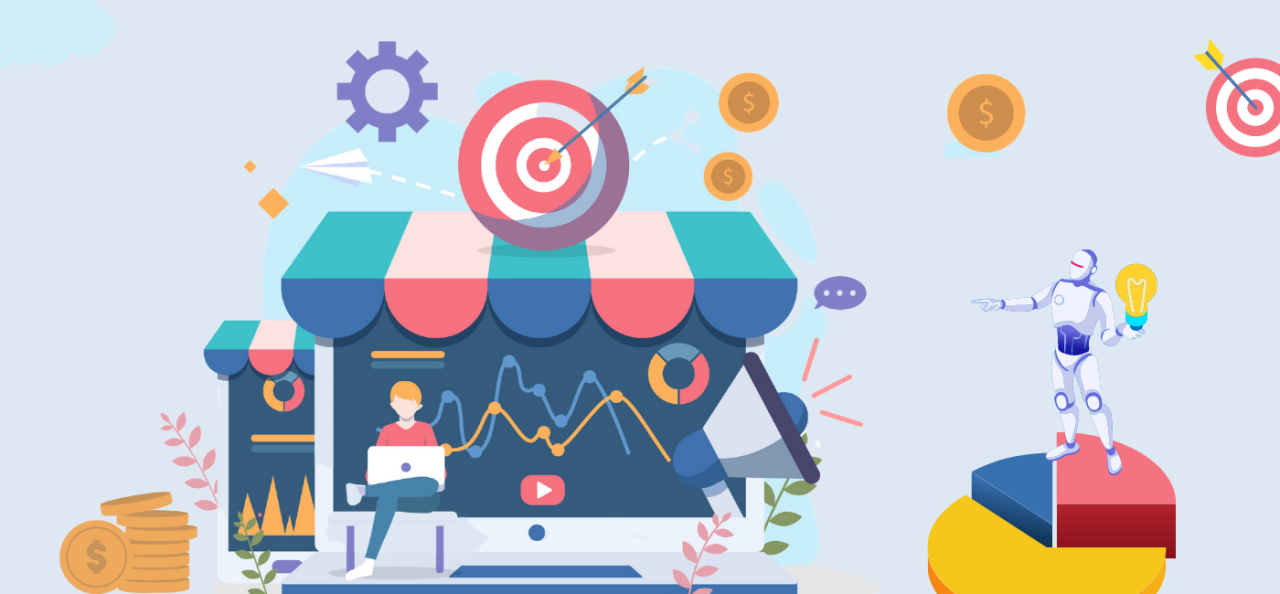
The Future Of AI In Sales And Trend Forecasting
As we progress into the future business landscape, the influence and impact of Artificial Intelligence (AI) continues to grow, reshaping traditional methods and strategies. With a particular focus on sales and trend forecasting, let’s explore the potential future implications of AI in these areas and how it might revolutionize how businesses operate and strategize for the future.
Emerging Trends In AI And Machine Learning
Several emerging trends in Artificial Intelligence and Machine Learning are poised to transform sales forecasting. Advancements in Natural Language Processing (NLP) enhance AI’s ability to understand, interpret, and generate human language, offering deeper customer insights and improving customer relations.
Reinforcement Learning, a type of Machine Learning where an AI agent learns to make decisions by interacting with its environment, shows promise in optimizing sales strategies based on real-time feedback. Similarly, the rise of Explainable AI (XAI) aims to make AI decision-making processes more transparent and understandable, fostering trust and facilitating regulatory compliance.
As these trends evolve, so will the landscape of sales forecasting, with AI playing an increasingly integral role.
Case Studies: AI’s Impact Across Industries
AI’s transformative impact is being felt across a broad range of industries. In retail, for example, companies use AI for demand forecasting, helping optimize inventory levels and reduce waste. Healthcare is leveraging AI for patient triage and predicting disease outbreaks, improving patient outcomes and public health interventions. In finance, AI is used for credit scoring and fraud detection, increasing efficiency and reducing risk.
These case studies underscore AI’s far-reaching implications and potential to drive innovation and efficiency across industries.
Preparing For The Next Wave Of AI In Sales
As we look towards the horizon, it’s clear that the next wave of AI in sales will bring about transformative changes. Businesses must prepare for this shift by cultivating a culture of continuous learning and agility. This includes staying informed about the latest AI trends, investing in AI education for employees, and embracing a flexible business model that can adapt to new AI-driven strategies. Remember, those who fail to innovate and adapt to the changing landscape risk falling behind. Preparation is paramount to ensuring your business can harness the full potential of AI and thrive in the future of sales.

Wrapping Up AI In Sales Forecasting
Artificial Intelligence is not just a futuristic concept; it’s a present-day reality that’s reshaping the world of sales and forecasting in unprecedented ways. The AI revolution is here, transforming businesses by increasing efficiency, accuracy, and a wealth of data-driven insights. As we’ve explored, from nurturing new trends to driving innovation across industries, the potential of AI is boundless.
However, navigating the AI landscape can be a complex journey, and that’s where we come in. Armed with expertise, experience, and a passion for innovation, we’re here to help you seamlessly integrate AI into your sales forecasting, ensuring you stay ahead of the curve in this dynamic, AI-driven business landscape.
Ready to revolutionize your sales strategy with AI? We’ve got the insights, tools, and guidance you need to make it happen. Reach out to us now, and let’s start building a future where you’re not just keeping pace but setting the pace. Your AI-driven future starts here. Let’s embrace it together!
